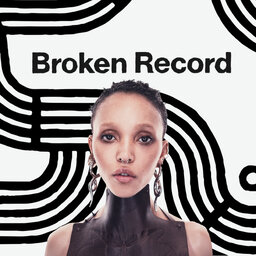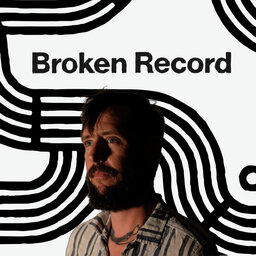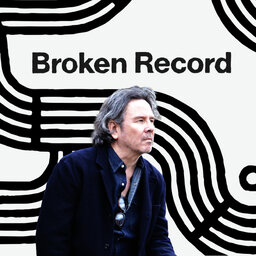Since forming in 1996, Linkin Park has sold over 100 million records worldwide. Their enormous success mixing genres like hip-hop, metal and anthemic pop was spearheaded by the band’s ultra-talented founder, Mike Shinoda. In this episode Rick Rubin talks to Mike about the albums he produced with Linkin Park that helped redefine the band’s sound. Mike also reminisces about the band’s early inner-personal dynamics. And Mike talks about the community of thousands of followers he's amassed on Twitch who watch him make beats live five days a week.
Subscribe to Broken Record’s YouTube channel to hear old and new interviews, often with bonus content: https://www.youtube.com/brokenrecordpodcast and follow us on Twitter @BrokenRecord
You can also check out past episodes here: https://brokenrecordpodcast.com/
You can find the playlist for this episode HERE — enjoy!
Learn more about your ad-choices at https://www.iheartpodcastnetwork.com
 Broken Record with Rick Rubin, Malcolm Gladwell, Bruce Headlam and Justin Richmond
Broken Record with Rick Rubin, Malcolm Gladwell, Bruce Headlam and Justin Richmond


